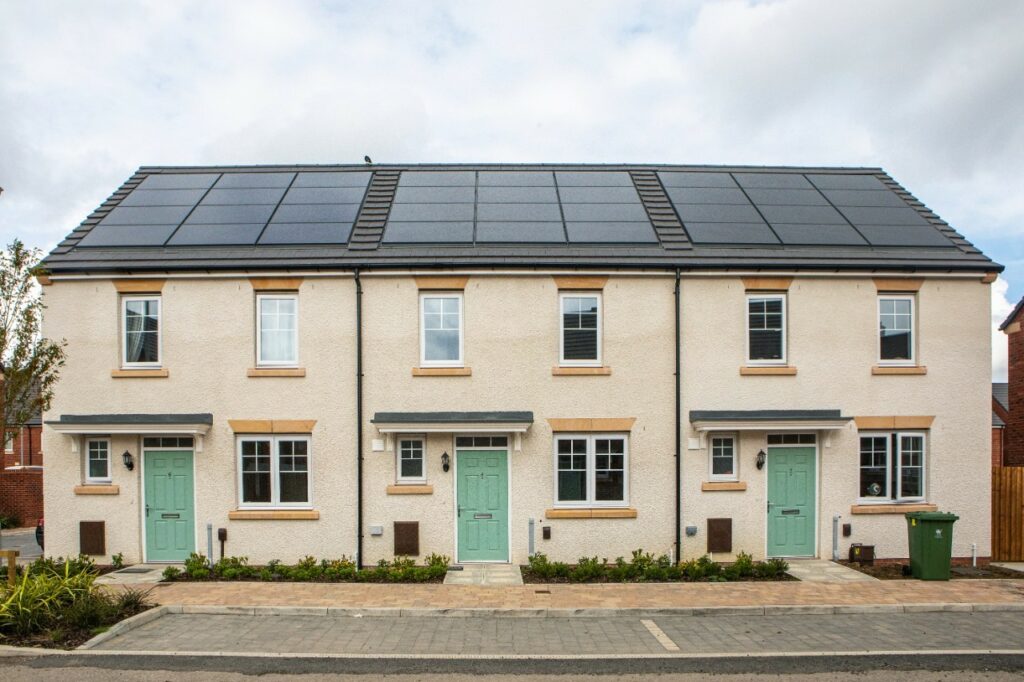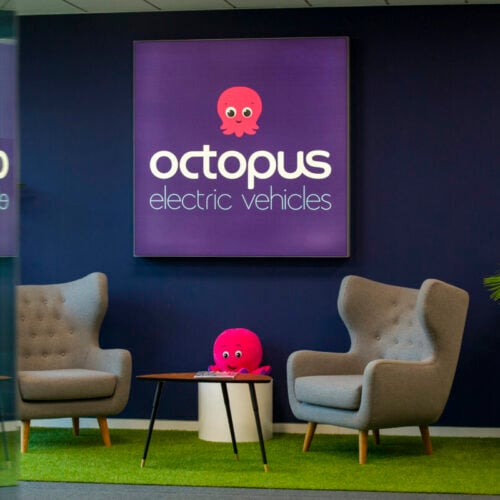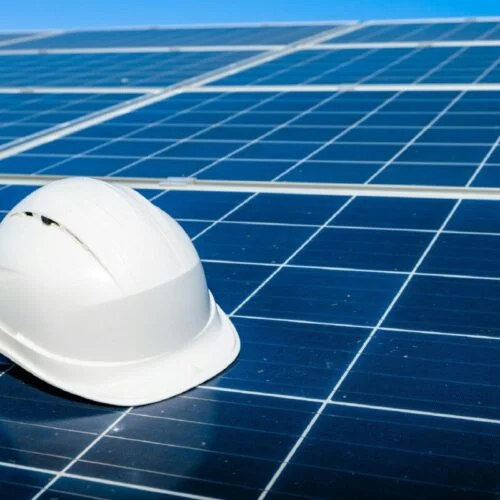The FLATLINE project, the UK’s largest domestic demand side response trial, has hit a major milestone as the first residents move into the homes involved.
Located in Cardiff, the Mill, a new residential development built for the project has welcomed residents into the first three homes. It is looking to reduce energy bills for consumers by combining demand side response and demand shifting for heat and electricity.
The ‘Fixed Level Affordable Tariffs Led by Intelligently Networked Energy’ (FLATLINE) project is backed by the Department of Business, Energy and Industrial Strategy, and is being coordinated by Sero.
Working together with energy optimisation software developer PassivSystems, Sero will work to provide its intelligent home comfort service to the residents of the Mill.
Tirion Homes, Pobl Group, Western Power Distribution, Sonnen and Mixergy are also involved in the project, as is Octopus Energy which will provide 100% renewable energy for the homes. Additionally, its Agile API will facilitate half-hourly tariffs, helping residents to take advantage of low energy prices.
Residents will be able to use Sero’s app to control each homes energy network, which include a number of different smart energy technologies such as a 6kW Kensa Shoebox ground source heat pumps, a 5kW sonnen 9.43 Hybrid battery storage system, and a 3.6kW Viridian Clearline Fusion solar PV system per home.
Additionally, each house has provisions for a 7kW EV charger. All these technology are working with a series of smart controls and meters, including three Thermokon 698214 thrermostats, CO2 sensors, Sharkey heat meters, Eastron electric consumption meters and dedicated fibre broadband.
Sero’s Building Energy Engine app will allow residents to draw, discharge and anticipate energy demands, allowing them to avoid relying on National Grid during peak times, and thus keep energy expenses and carbon intensity to a minimum.
Additionally, by using resident’s preferences – such as room temperature, hot water needs and overall lifestyle – Sero says it will be able to forecast energy demands and generation using its software. As such, it can control domestic energy storage and use it to shift the impact of energy demand to help balance the grid.
James Williams, managing director of Sero, said the project will provide a “demonstrable blueprint” for dramatically changing homes and energy to allow the UK to hit net zero.
“The FLATLINE concept proposes a win-win-win scenario: flexible and intelligently-managed energy use resulting in significantly lower bills to home occupants – practically eliminating the risk of fuel poverty; electrical demands on the National Grid being shifted entirely off-peak to help support renewables on the grid; all whilst delivering lower carbon emissions in a new UK business model that can lead to growth at home and abroad.
“This demonstration phase of FLATLINE will show the world what we can achieve using the technology we have today, providing a springboard to evidence the viability of this future ‘comfort as a service’ business model.”
Along with the Mill, a further 46 homes are being developed at a separate site, Parc Eirin in Tonyrefail, also in South Wales. The first residents will move into this site in Autumn, bring thing the total number of homes involved in the trial up to 225.
Colin Calder, CEO of PassivSystems, said the project gave it the opportunity to demonstrate a whole home energy management solution that was bespoke for newbuild homes.
“Seeing first residents beginning to use the intelligent control systems installed at The Mill is a real highlight in our journey to help decarbonisation, and a culmination of many months of hard work. It draws on our extensive expertise of delivering optimum comfort at minimal costs for residents, while reducing the impact on the grid and the environment.
“The government has been challenging home builders to put the environmental credentials of homes at the heart of the design, and FLATLINE provides a real world blueprint for how this could be done.”
FLATLINE received funding from the Department of Business, Energy and Industrial Strategy’s Domestic Demand Side Response competition, along with the Welsh Government’s Innovative Housing Programme.






